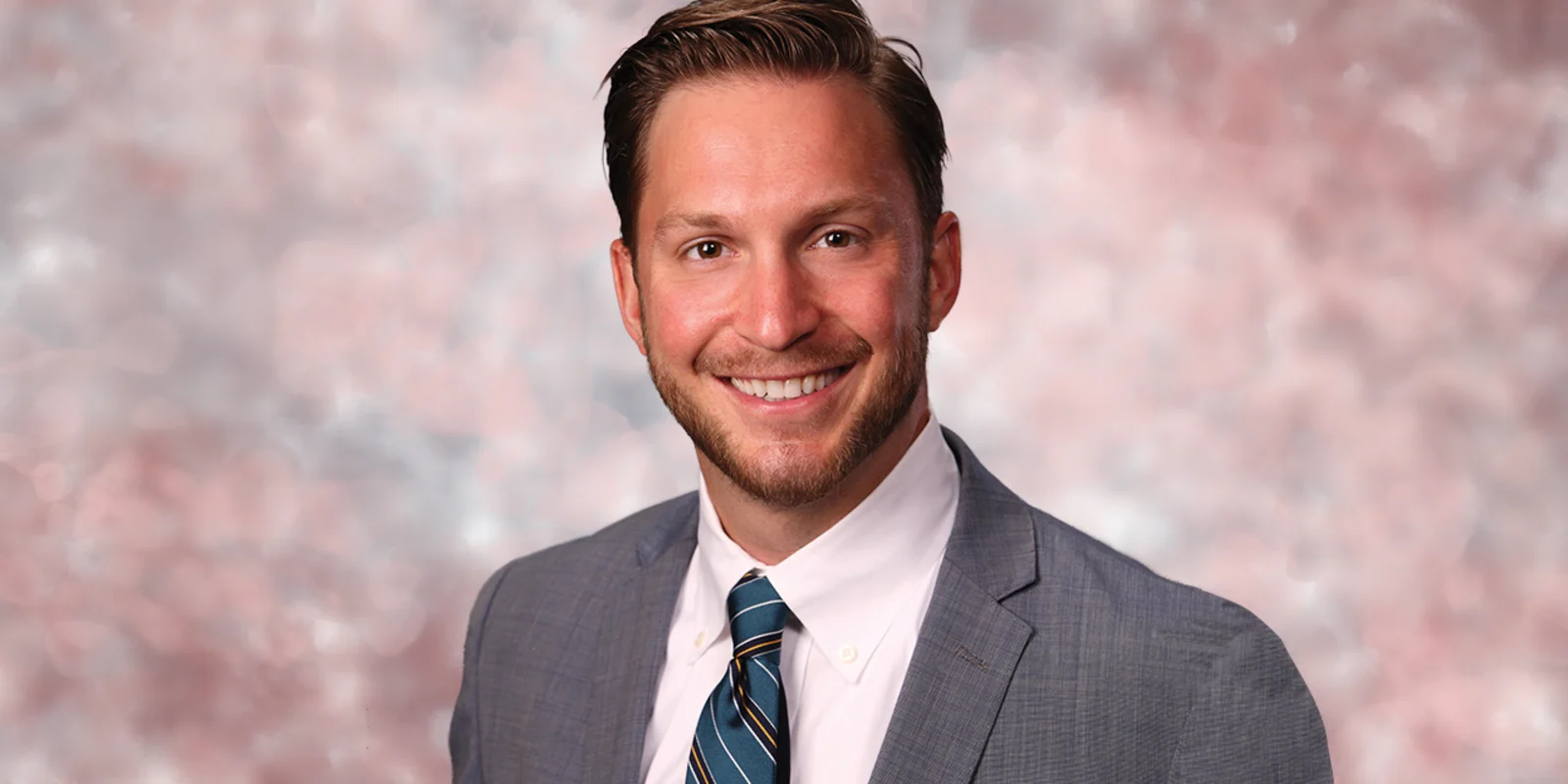
Name: Adam Kadlec, MD
Specialty: Urology
Education: Loyola University, University of Wisconsin School of Medicine and Public Health
Areas of Expertise: Minimally invasive urologic surgery, Kidney and ureteral stones, Urologic oncology
Current Position: Minimally Invasive Urologist
1. Why did you choose urology?
Like many other urologists, I was attracted by the variety of procedures that we do, the ability to have an office practice as well as a surgical practice, and the camaraderie of the field itself. In addition, I was interested in the innovative spirit of Urology and the opportunity to work with a variety of interesting technologies including lasers, endoscopy, and image-guided diagnostic and interventional techniques.
2. How has technology impacted urology in the past several years?
Urologists tend to be fervent supporters of new technology and innovation. The past several years have been no exception. Minimally invasive surgery — robotics, laparoscopy, and endoscopy — has essentially become “the norm” at this point, thanks to pioneering work by many clinical innovators over the past decade. MRI imaging has become a mainstay in the diagnosis, risk-stratification, and ongoing management of prostate cancer and that trend continues to accelerate. The market for minimally invasive BPH procedures has become more crowded and that continues to be an interesting growth area in the field. Genitourinary prosthetics such as penile implants and artificial urinary sphincters continue to improve and are serving an ever-growing segment of the population.
3. What are your research interests?
I am most interested in research on systems-based practice and healthcare innovation — studies that either propose or evaluate novel approaches to patient care.
4. Outside of your daily practice, do you have any personal or professional projects that you’re passionate about?
My primary non-clinical interest is healthcare innovation and I am supporting this interest through writing, advisory work, and ongoing networking with like-minded clinicians. The intersection of entrepreneurship and clinical practice is of particular interest to me.
5. What is a common misconception that other clinicians have about urology?
I don’t think many clinicians have a good sense of the breadth of the field. Most of the PR about Urology focuses on men’s sexual health and perhaps prostatic disease, but even these two common conditions comprise only a fraction of an average urology practice — which also includes urinary stone disease, voiding dysfunction, urological oncology, infertility, and trauma/reconstruction.
6. What are your favorite consults or types of referrals?
I like variety, so it’s hard to pinpoint one particular thing. I suppose what I enjoy is a clinic day with a mix of concrete, typically straightforward consults such as kidney stones or enlarged prostate, in addition to the more nuanced discussions for conditions such as elevated PSA or prostate cancer.
7. Who are your mentors?
My clinical mentors at this point in my career are my more senior partners who have helped guide me during the early years of clinical practice. I think everyone needs a mentor for their non-clinical interests as well, so I am working toward finding a mentor for my interest in leadership as well as a mentor for my interest in innovation and entrepreneurship.
8. What has been your most gratifying moment of being a clinician?
Undoubtedly it has been time spent with patients during difficult times — a devastating diagnosis, an end-of-life discussion, the difficulty of working through a surgical complication. I think in these moments clinicians really have a chance to “be at our best” — we get the chance to demonstrate our deep knowledge and unwavering commitment to the healing of our fellow persons.
9. What is the biggest challenge or obstacle in urology?
On the non-clinical side, there is a worsening shortage of urologists, especially in rural areas. Solutions like leveraging telemedicine and enlarging the pool of mid-level providers are already being explored. On the clinical side, we still struggle to agree upon the best management for patients with lower-risk forms of prostate cancer, which is a very common disease with a frustratingly variable natural history.
10. What are your favorite Doximity features and how have they helped your productivity (Dialer, DocNews, Career Navigator, e-Fax, etc.)?
I use the Dialer feature whenever I am on call. DocNews brings some interesting articles to my attention.






